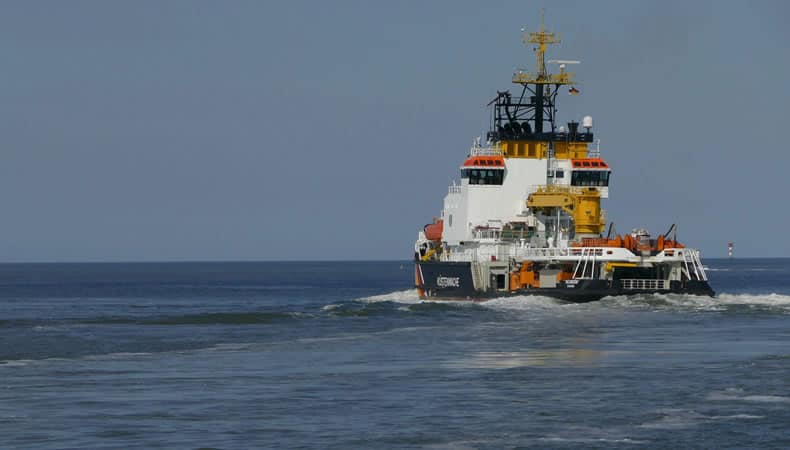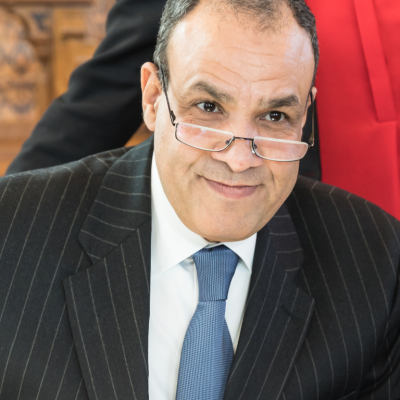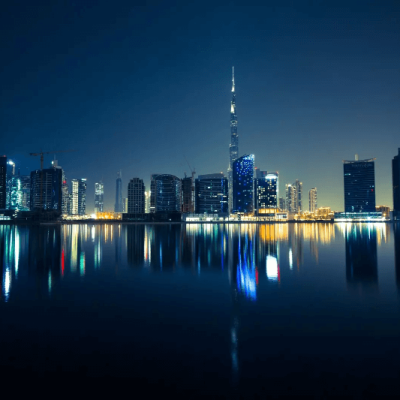Why should Europe stop funding the Libyan Coast Guard?

Europe, and Italy in particular, continue to finance the Libyan Coast Guard, prolonging the suffering and becoming complicit in the death of migrants and refugees trapped in the North African country tormented by ten years of civil conflict.As the United Nations has continuously denounced, the so-called “push-back” policies, implemented by Europe in collaboration with its Libyan partners, are increasingly becoming a death sentence for those who seek to reach the European shores through the dangerous sea trips. Libya is not a safe port, experts and United Nations agencies continue to repeat. That is evident from the increasing number of Libyans who decide to leave everything behind and illegally flee to Europe.
Living conditions for the Libyan people have worsened considerably since the establishment of the Fayez al-Serraj executive, who has been held hostage by criminal militias and armed groups out of control since 2015. Over the years, journalistic investigations have shown that those responsible for stopping illegal migration flows from the Libyan coast were also primarily responsible for these trafficking.
The lack of means and training, the participation of elements of dubious morality between the coastguards and the Libyan anti-immigration forces, are the basis of numerous accidents that have occurred over the years in the ports and detention centers of Tripolitania.
The latest incident is on Tuesday night. Three Sudanese were reportedly killed in a shootout at the Al Khums disembarkation point as the Libyan Coast Guard intercepted a boat with at least 70 migrants on board. According to the first reconstructions, the shooting took place when the migrants were brought down from the coast guards to the port of Al Khums to deliver them as usual to the armed men of the anti-immigration, a militia affiliated with the Tripoli Interior Ministry.
According to reports from UNHCR operators, the International Rescue Committee (IRC) helped bring an injured person to the hospital by ambulance, but the man died along the way. Two other people died on the spot, and two others were wounded. Investigations are still ongoing, but it seems that the militia has opened fire to appease migrants refusing to go into detention centers.
UNHCR and the Mixed Migration Center (MMC) at the Danish Refugee Council released Wednesday a new report confirming how thousands of refugees and migrants die and suffer extreme human rights violations in travel between West and East Africa and the Mediterranean coast of Africa. “On this trip, nobody cares if you live or die,” highlights how most people on these routes suffer or witness unspeakable brutality and inhumanity by smugglers, traffickers, militias, and in some cases, even state officials.
The women and children who survive are often left with enormous mental health problems due to the trauma they faced during the trip. For many, their arrival in Libya is the latest scene on a journey characterized by horrific abuses, including random killings, torture, forced labor, and beatings. Others refer to have been subjected to brutal violence, including being burned with hot oil, melted plastic or heated metal objects, electrocution, and being tied up in stressful positions. Women and girls, but also men and boys, are at high risk of rape and sexual and gender-based violence, particularly at checkpoints and border areas and during desert crossings.
The ongoing conflict and the weak rule of law mean that traffickers and militias are often able to act with impunity. That is enough to stop any funding to the Libyan Coast Guard until a legitimate government can guarantee for the operator of its armed groups.




